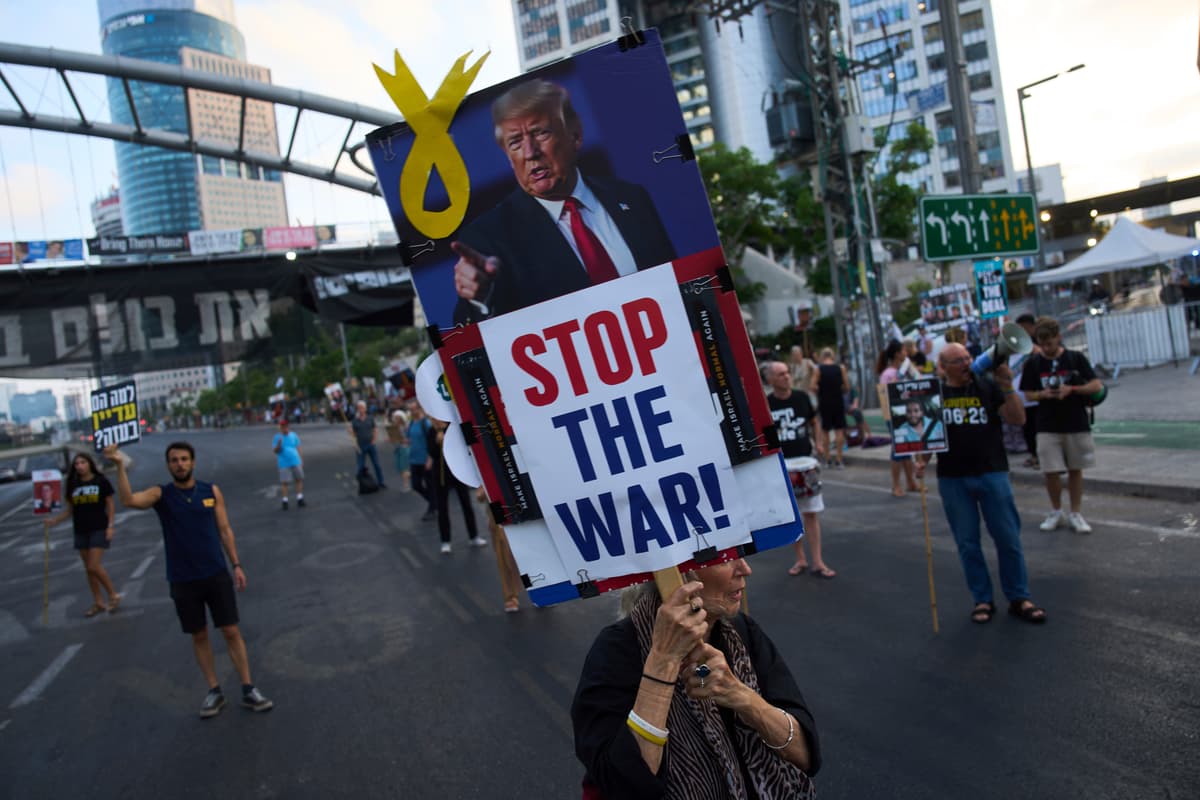The ongoing Gaza conflict has placed the Abraham Accords at a pivotal crossroads, raising questions about their future. Initially signed in 2020 by Israel, the United Arab Emirates, Bahrain, Sudan, and Morocco under the Trump administration, the accords aimed to foster normalized relations between Israel and several Arab states. Nearly five years later, the accords are grappling with challenges stemming from renewed hostilities in Gaza, shifting public sentiment, and the crucial role of Saudi Arabia, which has yet to formally join the pact.
Impact of the Gaza Conflict
The war in Gaza has significantly impacted the momentum of the Abraham Accords. Under the leadership of Prime Minister Benjamin Netanyahu and Crown Prince Mohammed bin Zayed of the UAE, the accords had previously accelerated diplomatic relations, trade agreements, and security collaborations. Despite existing political turbulence and regional instability, the Netanyahu government has aimed to maintain this progress. However, experts suggest that the current conflict presents one of the most significant tests to the accords.
“The war in Gaza has effectively suspended any expansion of the Abraham Accords,” stated Iulia-Sabina Joja, a senior fellow at the Middle East Institute. “No country has been willing to sign the accords until a permanent ceasefire has been agreed upon.” The ongoing conflict, characterized by severe clashes between Israel and Hamas, threatens the fragile peace established by the accords. While member states have expressed concern over civilian casualties, they have remained steadfast in their support for Israel’s right to defend itself.
Regional Sentiment and Strategic Alliances
The current situation has raised the question of whether regional sentiment is shifting against Israel. Public opinion in various Arab nations sympathetic to the Palestinian cause may weaken support for normalization efforts. Yet, the conflict also highlights the strategic importance of cooperation between Israel and its Arab partners in countering extremist threats, a fundamental aspect of the accords.
Despite some backlash, Israeli defense officials maintain that the accords remain intact and are poised for further growth. They cite interest from new countries wanting to join and ongoing economic partnerships. Bipartisan support from the United States Congress, evidenced by recent arms sales to Abraham Accords partners, further solidifies this coalition.
“While Iran, Yemen, Qatar, and other countries wanted to use the Gaza conflict to undermine the Abraham Accords, behind the scenes, member countries have mediated and mitigated negative reactions,” noted Jonathan Ruhe, director of foreign policy at the Jewish Institute for National Security of America. Meanwhile, former President Donald Trump continues to influence the diplomatic landscape, advocating for a swift resolution to the Gaza conflict to facilitate the accords’ expansion.
Potential new signatories, such as Pakistan, could further reshape the landscape. Historically an adversary of Israel, Pakistan’s inclusion could signify a major shift, offering Israel access to a large Muslim population and a market for exports, especially in technology related to agriculture and water management.
Analysts have pointed out that Pakistan’s need for economic revitalization and a pivot away from reliance on China may drive it closer to the United States and Israel. However, skepticism remains regarding this potential alliance, given Pakistan’s complex political history and ties with militant groups.
Questions about Saudi Arabia’s role also loom large. The Kingdom, a key player in the region, has refrained from officially joining the accords but has improved its relations with Israel. According to Ruhe, if Saudi Arabia were to sign, it would provide significant legitimacy for other Muslim nations to follow suit.
The Kingdom’s cautious approach is influenced by domestic public opinion, the unresolved Palestinian issue, and the delicate balance it maintains between Iran and Western allies. The willingness of Crown Prince Mohammed bin Salman to engage further hinges on progress toward a Palestinian state and reduced tensions in Gaza.
The Path Forward
As the situation evolves, the future of the Abraham Accords remains uncertain. Supporters highlight Washington’s backing as a sign of potential momentum, while critics warn of rising tensions. The ability of regional leaders to navigate changing alliances, ongoing conflict, and public sentiment will be crucial for achieving lasting stability.
“A ceasefire in Gaza is a necessary condition for the development of the Abraham Accords,” Joja added. “However, addressing Iran’s backing of militant proxies will be essential for long-term stability and progress in the Middle East.” The coming months will be critical in determining whether the Abraham Accords can withstand these pressures and continue to foster peace in the region.






































































